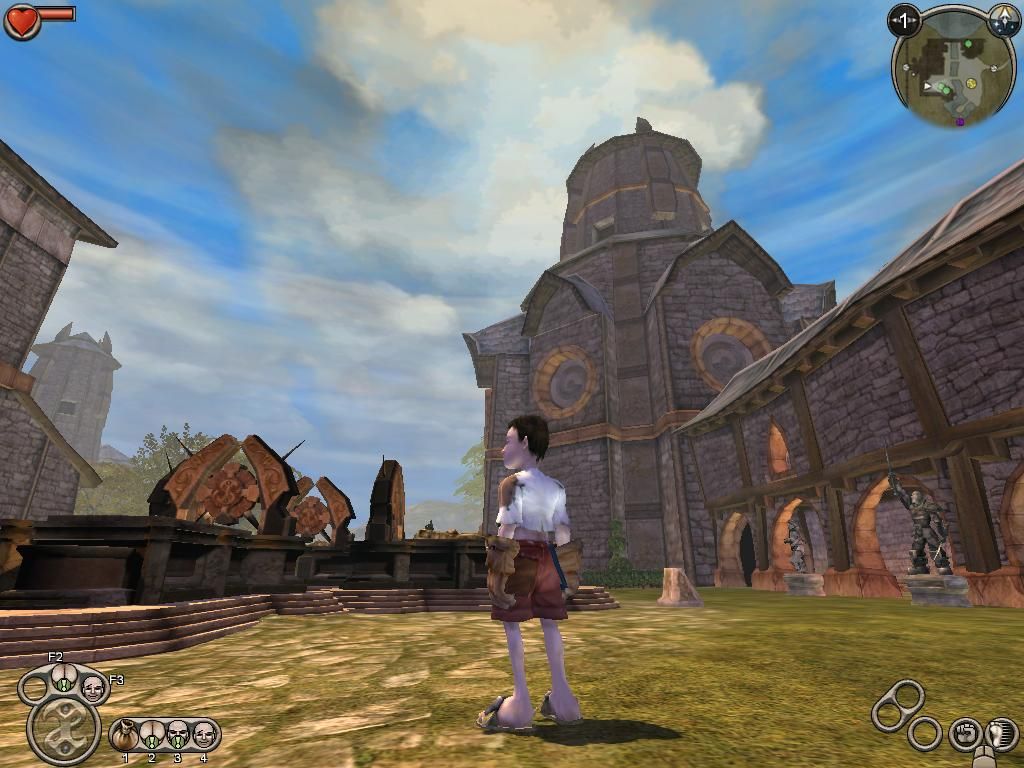Hellraiser
Arcane
If and when they decide to start giving reasonable budgets again, it will embolden developers to start taking chances because there's less financial risk. Essentially, publisher risk and developer risk are inversely correlated.
Reasonable is highly relative in relation to available cash flow and other resources the company has as well as project scope. The most likely trigger for down-scaling budgets would be losing money on flops and needing to pay off accrued debt. If that happens what you will get is more of what works game-design wise, the suits focusing on "core business" where they perceive they have less market risk/competitive advantage and the axing of new ventures/spin-off businesses similar to the recent gutting of Private Division by Take Two* (along with other lesser known studios and unannounced projects outside of PD) when those guys felt the financial squeeze.
You have to ask yourself what is causing the budget bloat in the first place and what would cause those factors to change or disappear. Bear in mind that as stupid as the average kwan business school graduate is even they don't throw money around and write 300 million checks rather than 50 million just because they can. Keeping costs down is hammered into their heads, at some point there has to exist a spreadsheet saying the ROI on the 300 million project is plain better (and that it is less risky regarding guessing how many units it well sell) and this is what lets the very notion of spending so much money pass through all the levels of management. And this kind of spreadsheet has to exist in multiple companies at the same time and justify both dev team sizes and insane marketing expenses.
One or two publishers being plain dumb with money would quickly solve itself (and many times did in the past), what these guys are doing works consistently for at least 15 years if not more. Per the market lifecycle graphic I posted earlier we're at late-stage decline, which means that what is currently left are the darwinian winners that out-survived the competition and are best adapted to the market conditions as they are. You would need a drastic change of environment to force new approaches (with smaller budgets) to evolve, things like heavy state intervention radically changing consumer habits (think Chinese online gaming time limitations/rationing) or someone inventing a substitution market, the next best thing, which would leech normies and other decline enablers away from games and into that. What we have now is the natural and logical consequence of gaming going mainstream and becoming a big business coalescing into a mostly stable equilibrium.
*although PD was no doubt a mismanaged shitshow showing why big publisher corporate culture cannot find "the second minecraft" (as PD claimed it wanted to) at the pitch stage. For one it took minecraft years to become a runaway hit, and this is incompatible with quarterly figure oriented businesses that have CEOs rewarded for stock performance.
















